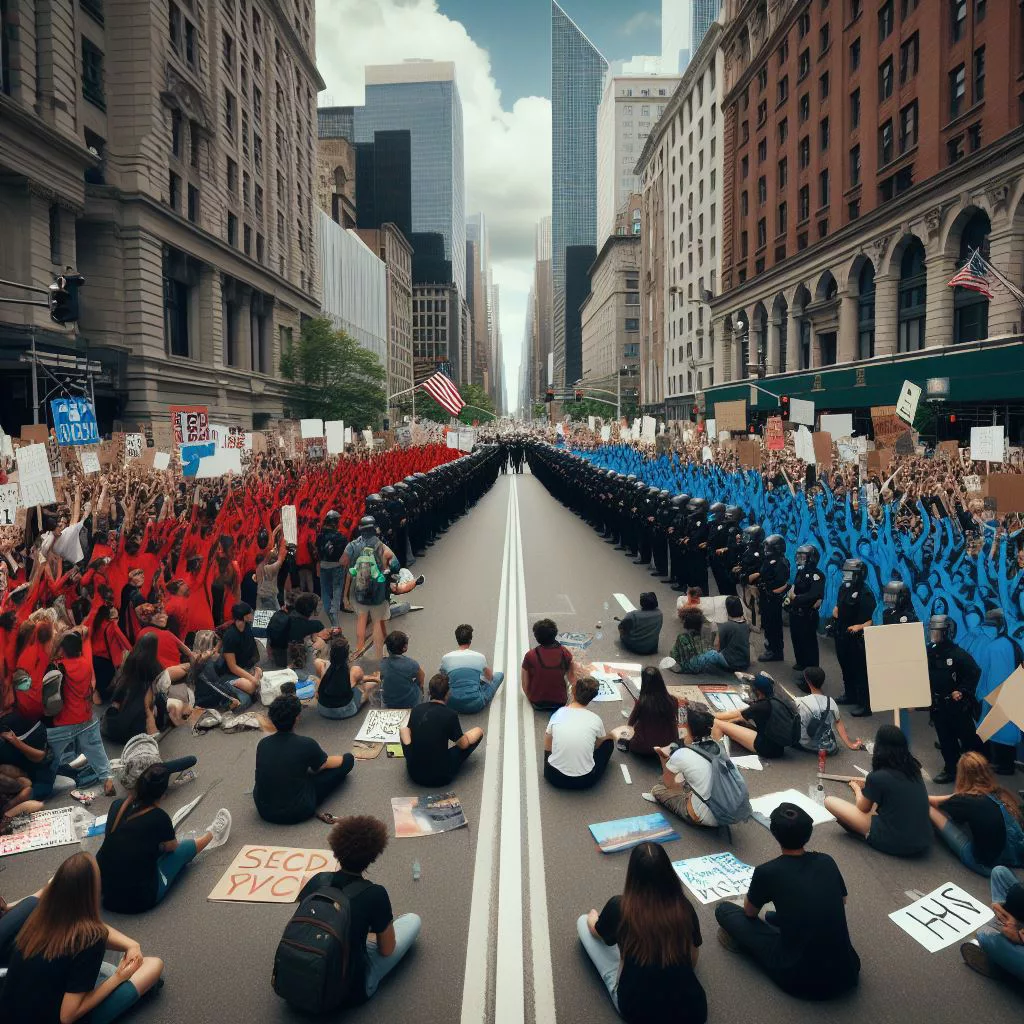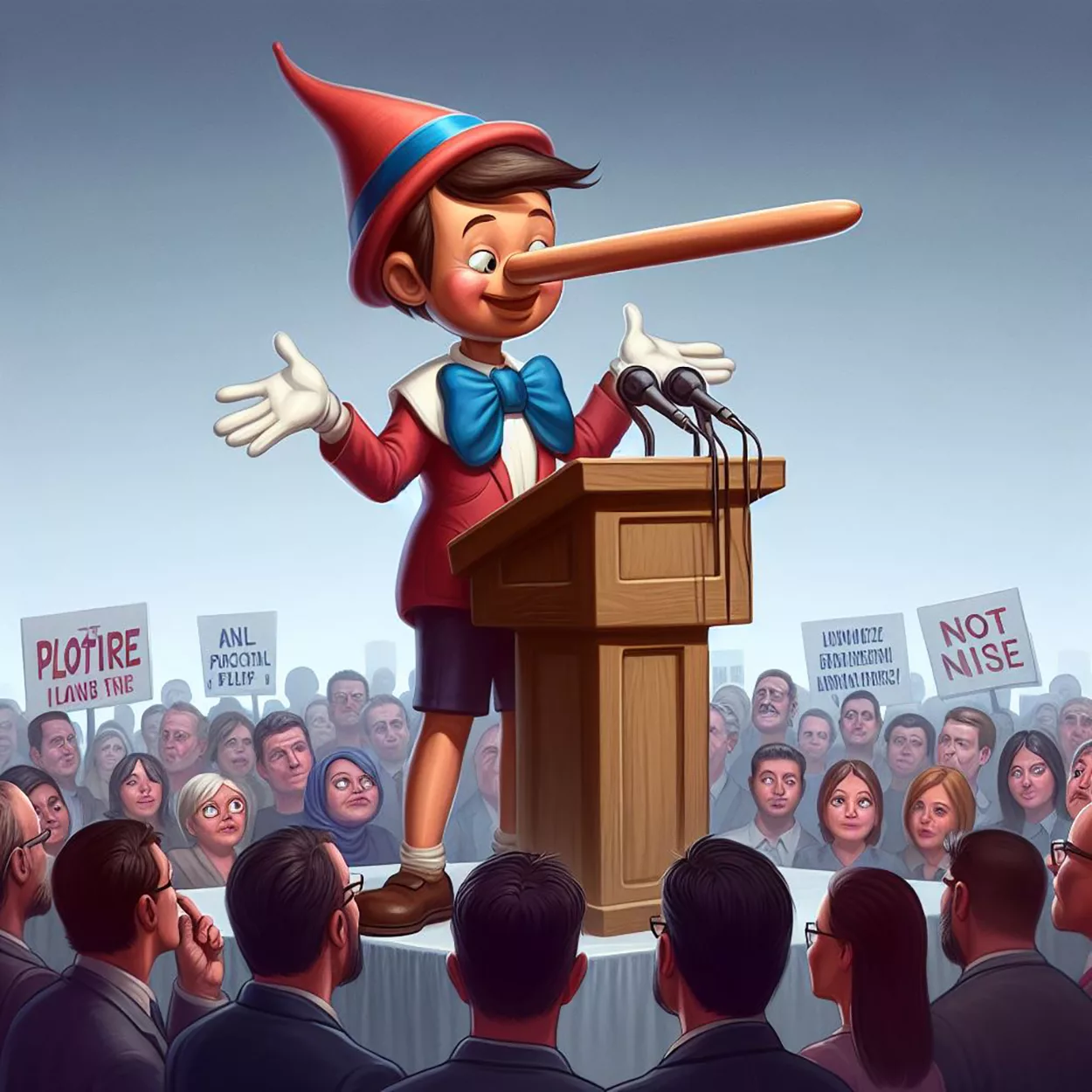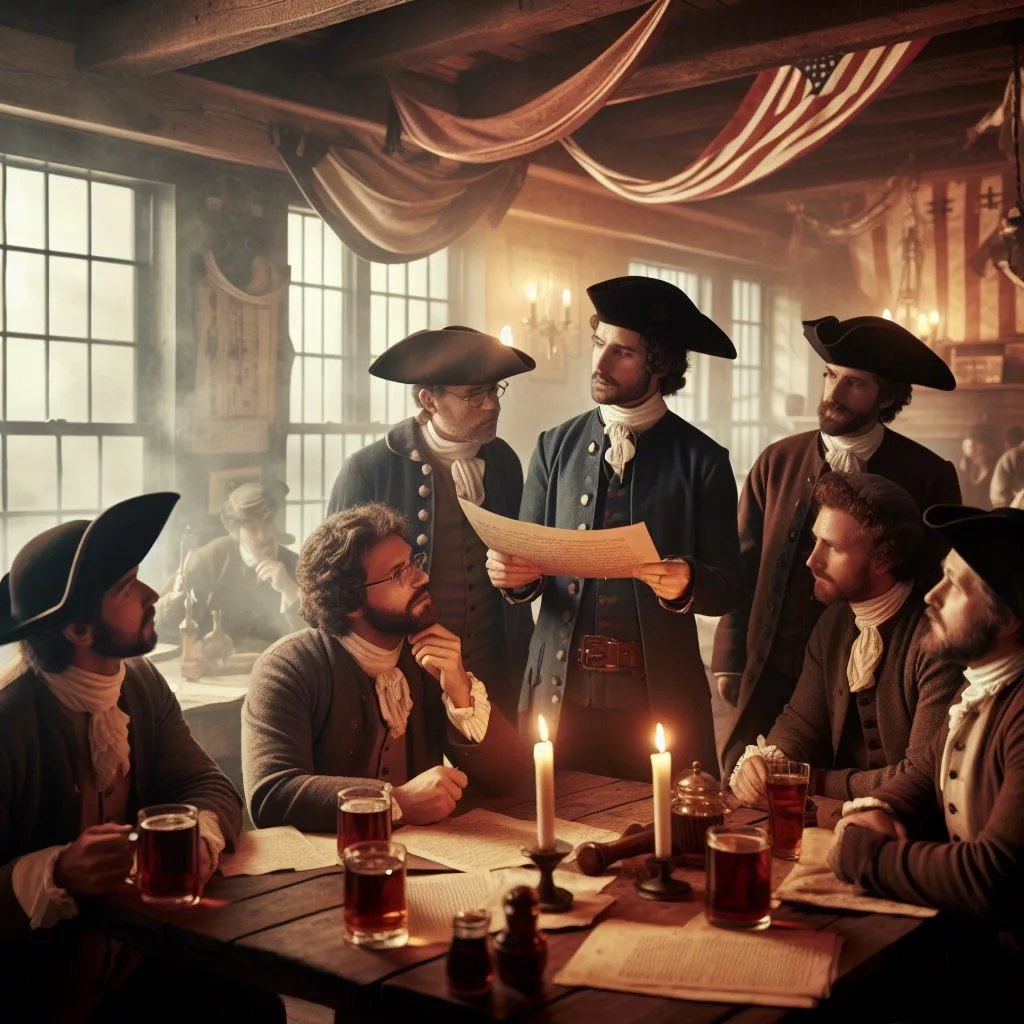Some people worship God, others Allah, and some might even choose to worship Satan himself.
Some men call themselves men, other men call themselves women, and the constant cycle of freedom seems to be in conflict when it comes to who has rights, who doesn’t, and who gets to determine the extent of those rights when it appears they are in conflict with one another.
We have some insight form the Supreme Court when a Colorado cake decorator was not forced to make a cake for a same-sex couple, although the decision was intentionally left very soft because you have two groups of people claiming rights are being violated.
It’s easy to allow litigation to detract from some fundamental truths, and we have to refer back to the foundation of our rights to understand them rather than try to sift through court cases that easily start down paths the founders never intended.
The first foundational truth is all people are created equal. This is important for two major reasons, the first being this is a very individual statement. We are each created as a unique person. Individuality is the basic cornerstone of existence.
Secondly, as an individual, then, our rights are also individual. Those listed in the Declaration include life, liberty and the pursuit of happiness.
These are not all the individual rights we enjoy, and yet individual rights do not extend beyond the equality mandate. I can’t have a right that you don’t also have. We were, after all, created equal.
This is where discrimination comes into play. I don’t have a right to discriminate against someone else just because I am an individual. My rights do not usurp someone else’s equal rights.
The Bill of Rights outlines more precisely what the government can’t do to us even though many believe it is an enumeration of our freedoms.
It’s not. It’s a rope tied around the throat of government, which is even better.
The best five words of the First Amendment are, “Congress shall make no law …”
Many think this guarantees our rights of freedom of religion, freedom of speech, freedom of the press, freedom to peaceably assemble and to complain about the government to their face. Those are rights, for sure — rights we were born with and have equally one from another.
How, then, are we so divided as a nation believing half of the country is out to take our rights away? For that matter, how are we being told that a candidate for president will end all elections?
Freedom of speech was curtailed during the pandemic when the government colluded with social media companies to prevent any complaints about vaccines. Donald Trump was impeached in the House for telling Ukraine officials they should look into the shenanigans of Hunter Biden.
The government is constantly trying to push back on the shackles it finds itself in when it comes to its limits on attacking our rights.
A common example used is the inability to yell “Fire!” in a crowded theater that could lead to injury. This has never actually been a case, but it is used as a way to allow the government to curtail and regulate rights even though the Constitution strictly forbids the government from doing so. “Congress shall make no law” is pretty easy to interpret. No law means no law.
So how does my right to religious freedom and your right to self expression come into conflict?
Actually, they don’t.
When Thomas Jefferson wrote in the Declaration that all men are created equal and born with unalienable rights, those rights were individual rights. My rights are mine just as much as your rights are yours.
You can freely express yourself in any way you choose, but my commitment to my faith is equally protected.
I do not have to attend a gay wedding, nor am I required to support it in any way. That doesn’t mean that a gay wedding is prohibited, and anyone who respects freedom understands that a Christian church will not perform a gay wedding.
Likewise, the government cannot restrict two gay people from getting married and allow two straight people to get married.
Both rights are protected at the individual level.
What we are seeing today is an uneven application of freedom.
For example, a school in Denver, Colo., allowed a Gay Pride flag to be displayed in class, but when a student offered to display a Straight Pride flag, he was denied.
The school officials stated to the father of the student wanting the Straight Pride flag that only flags supporting the LGBTQIA+ community are allowed.
He is suing, and he will win, even if it has to reach the U.S. Supreme Court. Again, no one has a right that another does not also have.
Schools are claiming these biased applications as part of their equity-based curriculum standards, but they are uneven in their creation. If you allow a flag of one sexual preference group, you have to allow for all. It’s that simple. There are no rights for some and not others.
That’s why rights never conflict. Once we realize any right we have is extended to everyone else as well, we can learn to better respect one another through our differences rather than trying to conform everyone to one world view.
Freedom in itself drives diversity, equity and inclusion. It’s the lack of freedom that prevents it.
Freedom allows both the Muslim and the Jew to coexist.
Freedom only exists when you tolerate something you don’t like. Control is what is intolerant.
Freedom is never in conflict, it just doesn’t have to agree.
Earl Watt is the owner and publisher of the Leader & Times in Liberal, Kansas. Watt started his career in journalism in 1991 at the Southwest Daily Times. During his career, the newspaper has won a total of 17 Sweepstakes awards from the Kansas Press Association for editorial content and 18 Sweepstakes awards for advertising. Watt has been recognized with more than 70 first place awards for writing in categories from sports and column to best front pages, best sports pages and best opinion pages. Watt is a member of the Sons of the American Revolution and is the descendant of several patriots who fought for America's freedom and independence.





